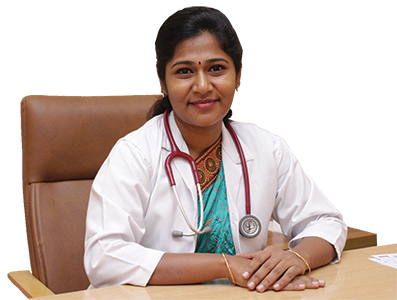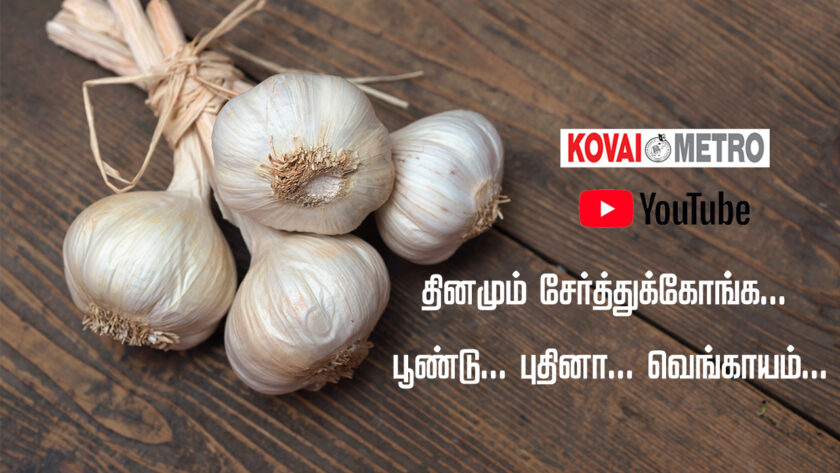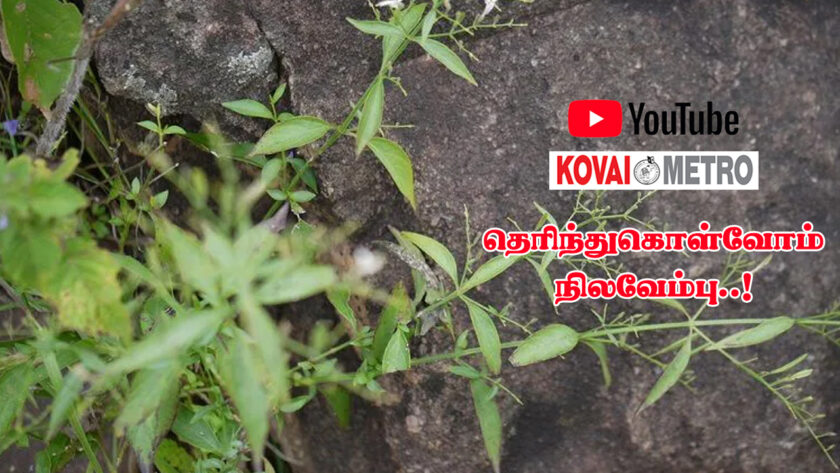Women are confronted with several bladder health issues. Interstitial cystitis (IC) or bladder pain syndrome (BPS) is one such issue. It is a chronic bladder health issue and is associated with pain and pressure in bladder area.
“Pain is often accompanied by other lower urinary tract symptoms lasting over 6 weeks. These symptoms can appear without an infection or other clear causes,” says Dr. Devi.
The symptoms could be mild or severe, depending on a number factors and they come and go in some patients. They, however, stay on in some cases. “It is actually not an infection. But it would look like a bladder infection,” She explains.
IC/BPS in its severe form can completely upset a woman’s life and the people around her. IC/BPS patients may have other health issues like irritable bowel syndrome, fibromyalgia and other pain syndromes.
“Symptoms may vary from patient to patient. One common symptom is pain accompanied with pressure. Patients will experience bladder pain and it gets worse when bladder fills,” says Dr. Devi.
Pain is not just confined to bladder alone. Some women experience pain in areas like urethra, lower abdomen, lower back or the pelvic region. According to doctor, problem often starts with urinary frequency.
While a healthy person does not urinate more than 7 times a day or once during night, IC/BPS patients keep rushing to bathroom very frequently. Urgency to urinate is a common sign. In some patients there is an urge that never goes away even after voiding.
“There is no standard technique to diagnose IC/BPS. So, it is difficult to estimate the number of people affected. But, there is a general consensus that it is 2 to 3 times more common in women than in men. Some studies also show that IC/BPS risk increases with age,” informs the doctor.
Experts still have no idea what causes IC/BPS. But, there are a number of theories which suggest defect in bladder tissue, a specific type of inflammatory cell which releases histamine and other chemicals, some substance in the urine that damages bladder and changes in the nerves that carry bladder sensations.
There are several ways to treat the problem, but most treatments are carried out in phases aimed at controlling symptoms. “It’s a treatable condition. So, Patients should seek medical help for sustained relief. It is quite unnecessary to go through an avoidable pain,” Dr. Devi says
For appointments and details call 0422 420 1000 or visit Womens Center by Motherhood Hospital, 146 B, Mettupalayam Road, Coimbatore – 641043
Get Relief From Bladder Pain Syndrome, Dr Devi Tells Women-Folk




